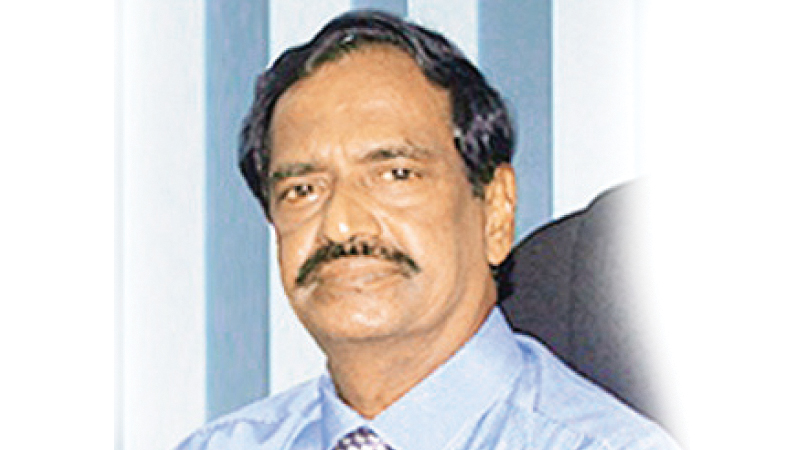The National Election Commission (NEC) has proposed to amend the Election Law to provide for advance voting for several categories of voters.
NEC Chairman Nimal Punchihewa told the Daily News yesterday that the Commission proposes an Amendment to the Parliament Elections Act, No 1 of 1981 to enable advance voting. “Once this Act is amended, the said provisions can also be applied to the Provincial Council (PC) and Local Government (LG) Elections,” he remarked.
He said the proposal would be presented to the Cabinet through the President’s Office and a Parliamentary Select Committee, once it is appointed.
He pointed out that those in the essential services category such as doctors, nurses and other health workers and those employed in jobs that make a direct impact on the economy such as garment factory workers would be eligible to cast advance votes. Media personnel can also use advance voting if they are on duty on the Election Day.
“The voters must apply to use advance voting. However, this is different from postal voting. We will set up polling booths in relevant Divisional Secretariats and places such as hospitals on a day prior to the Election Date to provide for advance voting,” he said.
Asked whether the legislation would see the light of day before the upcoming Provincial Council Elections, the Chairman said that would hardly be possible as the process takes time. “It has to first go to the Legal Draftsman and the Attorney General. Then it must be gazetted following Cabinet approval. There must be time to challenge it before the Supreme Court once it is presented in Parliament. It is difficult to complete this process prior to the Provincial Council Elections,” he replied.
Asked whether this facility could be extended to remand prisoners and migrant workers, the Chairman said that was complicated, but added that the Commission would propose it to the Parliamentary Select Committee when it is appointed.
“Through the Select Committee, we can evolve a suitable mechanism for remand prisoners and migrant workers to cast their votes. It must be extensively discussed among political parties. Many of the migrant workers are in the Middle East and they may have to travel a long distance to come to the Sri Lankan Embassy to vote. Then there are problems whether the migrant workers would get leave for that purpose.
One can also question the confidentiality of such votes. These matters must be addressed prior to allowing advance voting for them,” he explained.
Many countries allow advance voting and mail-in voting for several categories of workers including health and media workers.


